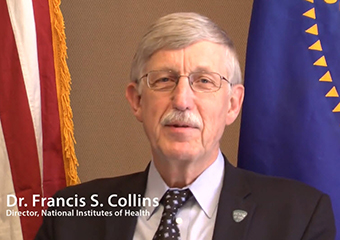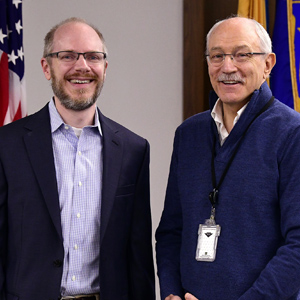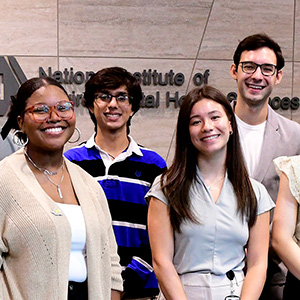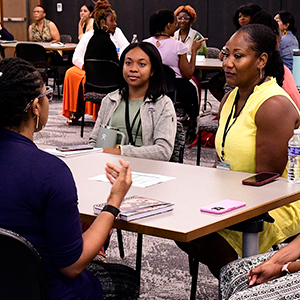The National Institutes of Health (NIH) will observe Black History Month in February with a program and exhibit honoring the accomplishments of 15 black scientists from NIH.
“Celebrating the Contributions of African American Scientists Past and Present” will kick off with an opening ceremony and reception on Feb. 4 at the National Library of Medicine. The exhibit will include photos and short biographies about each scientist and their work.
Darlene Dixon, D.V.M., Ph.D., head of the NIEHS Molecular Pathogenesis Group in the National Toxicology Program (NTP) Laboratory, is one of those being recognized. “I’m honored and humbled by this recognition and to be part of this exhibit,” said Dixon, who has been with the institute since 1987.
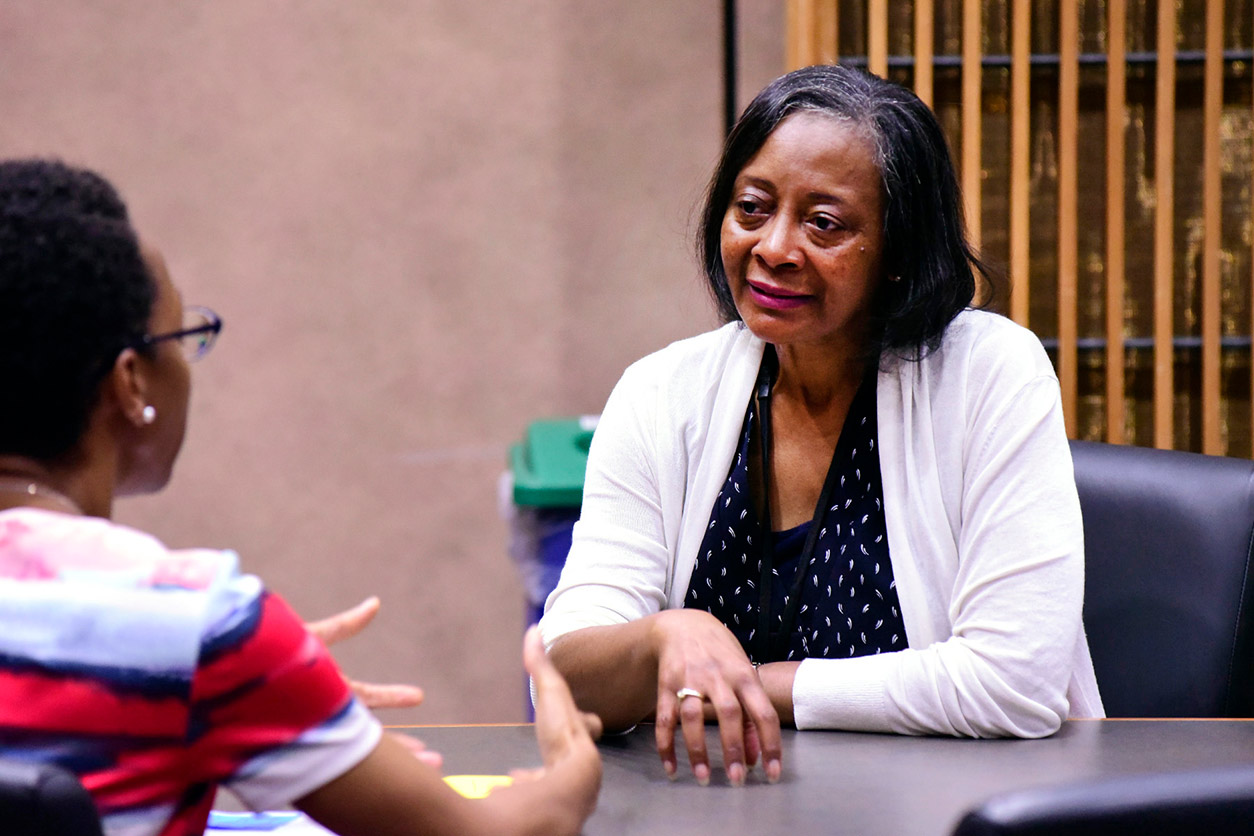 Dixon mentored a scientist at the first annual symposium of the NC WoCRN in May 2018. (Photo courtesy of Steve McCaw)
Dixon mentored a scientist at the first annual symposium of the NC WoCRN in May 2018. (Photo courtesy of Steve McCaw)Praise for Dixon
“Darlene has been a valued member of the NIEHS family for over three decades,” said Michael Devito, Ph.D., acting head of the NTP Laboratory. “Her scientific contributions over that time have been a credit to NIH as a whole, and I could not be happier to see her getting this recognition.”
The exhibit is hosted by the NIH Office of Equity, Diversity, and Inclusion, and coordinated by Victoria Gross from that office. She collaborated with the National Library of Medicine and the NIH Network of African American Fellows on the effort.
“We are fortunate at NIH to have so many phenomenal African American scientists,” said Gross. “Dr. Dixon’s scientific work and her mentoring of young scientists made her a great person to honor.”
Scholars connect
Dixon is active in the North Carolina Women of Color Research Network (NC WoCRN). She is also a mentor in the NIEHS Scholars Connect Program (NSCP), which offers a year-long apprenticeship program to students from historically black colleges and universities, as well as other area academic institutions.
NSCP is run by the NIEHS Office of Science Education and Diversity (OSED), which is directed by Ericka Reid, Ph.D. OSED supports the NIEHS commitment, as expressed in the 2018-2023 Strategic Plan, to promote a diverse environmental health science workforce by ensuring widespread opportunity and inclusion of underrepresented groups in the institute’s recruitment and training programs.
NSCP is modeled after the Meyerhoff Scholars Program, which was created in 1988 at the University of Maryland-Baltimore County (UMBC), under the guidance of Freeman Hrabowski III, Ph.D., now UMBC president. “We know for a fact we can produce students of all races who can go on to excel and be excited about science,” Hrabowski recently told the NIH Record.
Black History Month
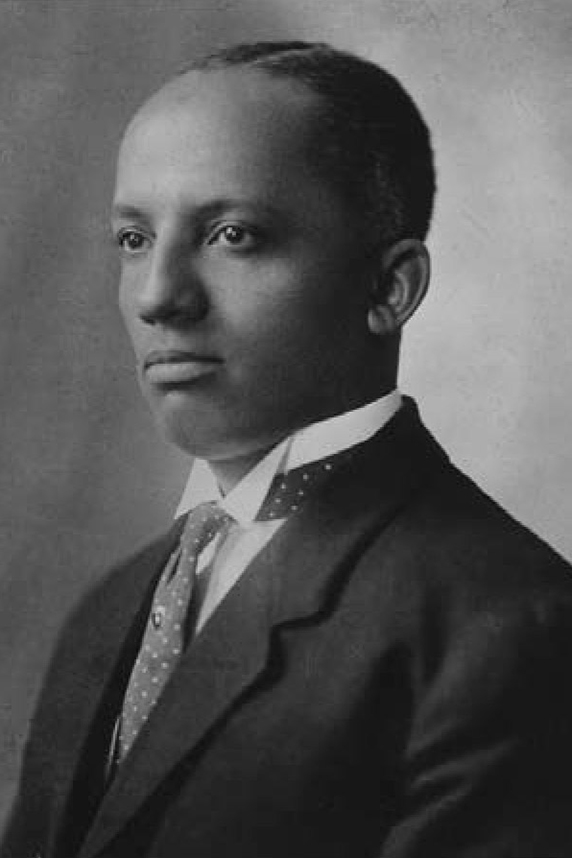 Woodson (1875-1950) pioneered Negro History Week for the second week in February, which coincides with the birthdays of Abraham Lincoln and Frederick Douglass. (Photo courtesy of the National Museum of American History)
Woodson (1875-1950) pioneered Negro History Week for the second week in February, which coincides with the birthdays of Abraham Lincoln and Frederick Douglass. (Photo courtesy of the National Museum of American History)The precursor of Black History Month was Negro History Week, begun in February 1926 by historian Carter Woodson, Ph.D., and other prominent African Americans. Woodson, who helped found “The Journal of Negro History” in 1916, has been called the father of black history.
Eventually, Black History Week became a month-long observance. In 1976, Pres. Gerald Ford became the first U.S. president to officially proclaim February as Black History Month, as part of the nation’s bicentennial observance. At times, it has been known as African-American History Month.
NIEHS Diversity Speaker Series
NIEHS recognition of Black History Month will feature a Feb. 14 talk by Damon Tweedy, M.D., associate professor of psychiatry at Duke University. He is the author of “Black Man in a White Coat,” about his experience as a black physician.
Tweedy’s talk is part of the year-old NIEHS Diversity Speaker Series, which Reid coordinates.
(John Yewell is a contract writer for the NIEHS Office of Communications and Public Liaison.)





